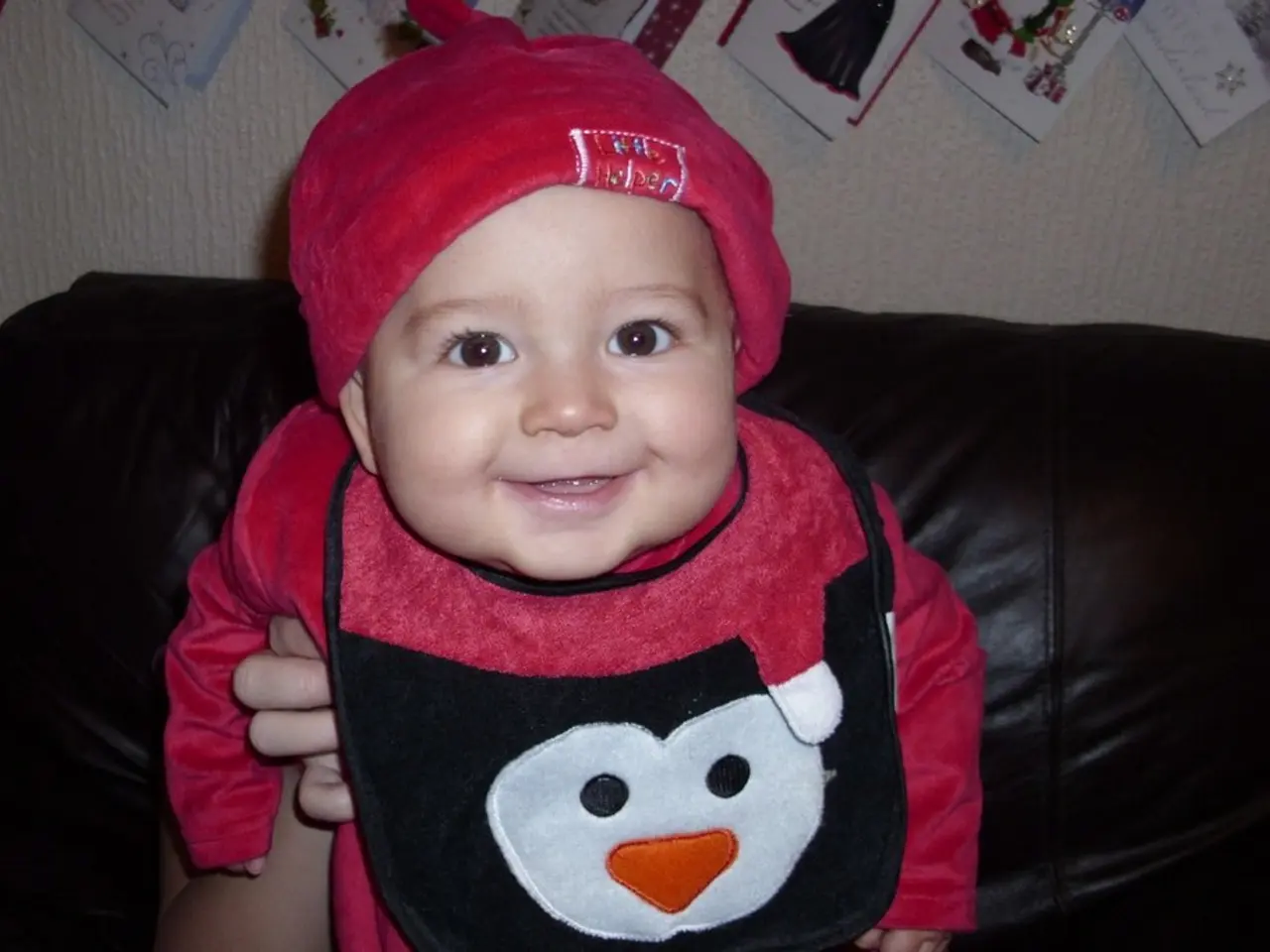Artificial Intelligence poised to endanger infants' neural development
In a groundbreaking move, the United Nations has announced the launch of its first-ever international panel on AI governance. This initiative comes as the AI market rapidly expands, with a growing focus on the youngest citizens. One notable collaboration is between OpenAI and Mattel, who have announced a partnership to bring AI toys to the market.
However, concerns about AI's impact on early childhood development are mounting. Research shows that from birth, the human brain is primed for social interaction. Thousands of daily exchanges with caregivers shape lifelong systems for bonding, language, emotional regulation, and cognitive growth. These emotionally rich interactions are essential for learning and are the biological foundation of human development.
The lack of stable caregivers in Romania's orphan crisis led to long-term deficits in cognitive, social, and emotional development. This tragic history underscores the importance of nurture in a child's life. Similarly, the AI-powered products entering the market should undergo rigorous safety testing and oversight before entering a nursery or daycare.
Newborns are born with an innate drive to socially engage, recognizing their mother's voice by the third trimester. However, AI bots may sound and act human, but they lack physical and physiological hallmarks of human beings. This raises questions about their ability to provide the emotional depth necessary for early childhood education.
More than 150 scientists have issued a global warning about AI's impact on early childhood development. They argue that AI threatens the fundamental social processes that shape healthy humans. Temporal contingency, the back-and-forth rhythm of communication, is vital to a child's development, and AI interactions often lack the "just-right" variability infants need.
Policymakers are currently considering age-verification laws for AI, recognising the unique vulnerability of young children. Governments must draw clear boundaries around AI use with children under age 3, ensuring that their emotional and cognitive development is protected. Child-development organizations have long called for evidence-based guardrails to protect kids' health in the digital age.
As the conversation around AI governance continues, it is crucial to remember the importance of nurture in a child's life. From birth, the human brain is primed for social interaction, and early emotional scaffolding predicts later academic and social success. The introduction of AI into early childhood education and play should be approached with care and caution, ensuring that it complements, rather than replaces, human interaction.
Read also:
- Industrial robots in China are being installed at a faster rate than in both the United States and the European Union, as the global market for these robots faces a downturn.
- Hyundai N affirms transition to hybrid performance-centric models, initiating with Tucson N
- EAFO Research Uncovers Crucial Elements in Electric Vehicle Adoption within the EU
- Stock markets in India anticipated a moderate opening, influenced by mixed signals from global markets.




